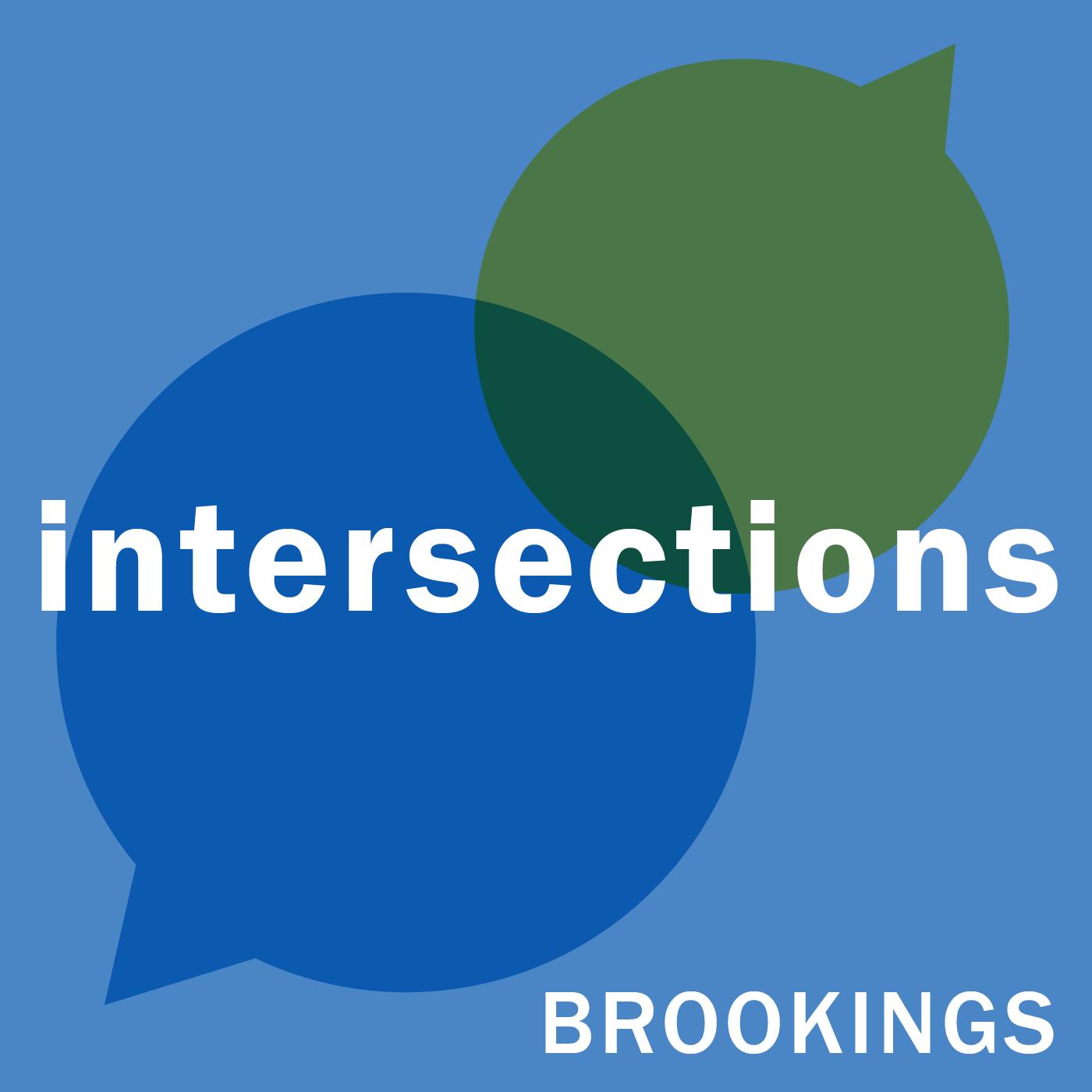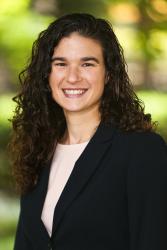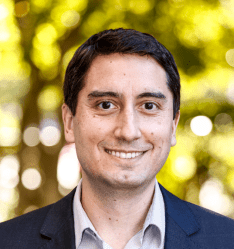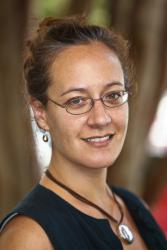Elizabeth Mann and Jon Valant, both fellows in the Brown Center on Education Policy, lay out the status of federal versus state powers in education, explain how charter schools work and how they perform, and provide insight as to what the future of education policy might look like in the new administration.
Elizabeth Mann about whether education is a private good or public service:
“This question is why a lot of people were so concerned and maybe even felt threatened by DeVos’ nomination and confirmation as secretary of education. I think a lot of people [looking at] her role in building the particular [for profit] charter and school choice environment in Michigan wonder what her view of a public good is as it applies to education. And so I think that there’s not necessarily trust that she sees education as a public good and as a result there’s not a lot of confidence that she’s going to work to build out the public school system and address deficiencies within that system and make it as strong as it can be, but that rather that she would work outside of that system or try to fundamentally change it. So I think that this is an open question and that’s why we’re seeing so much contention around education and the role of school choice in a public school system.”
Jon Valant discusses the success of New Orleans’s largely charter school system:
“New Orleans is this very unusual case of a U.S. city that essentially had its traditional public school system wiped away both figuratively and literally when Hurricane Katrina hit in 2005, which was horrible and inflicted horrible costs on the city of New Orleans, and what happened in the aftermath was the school system that the state built after the hurricane was one of charters, so it is that at this point that almost every public school student attends a charter and initially and currently most of those students attend a charter school…so you have this very unusual system where no student is assigned to a school based on where that student lives, so every student who wants to go to a public school has to participate in this choice process…and what we’ve seen from that so far is that when you compare students in New Orleans now to students before the storm, or to a kind of matched group of students around the state, it looks like they’re performing much better than they did before, and we’ve seen a sharp increase in graduation rates in New Orleans.”
Show Notes:
The prospects of DeVos’ school choice agenda as Ed Secretary
Rifts among congressional, state Republicans over school choice
Probing charter schools’ differential success in urban and nonurban settings
Where school choice isn’t an option, rural public schools worry they’ll be left behind
Donald Trump, Betsy DeVos, and the changing politics of charter schools
Charter schools and local control in New Orleans
Repealing ESSA rule raises implementation, transparency concerns
What Do Americans Think of School Choice? Depends on How You Ask the Question
With thanks to audio producer Gaston Reboredo and producer Vanessa Sauter, and also thanks for additional support from Kelly Russo, Fred Dews, and Richard Fawal.
Subscribe to Brookings podcasts here or on iTunes, send feedback email to [email protected], and follow us and tweet us at @policypodcasts on Twitter.
Intersections is part of the Brookings Podcast Network.
The Brookings Institution is committed to quality, independence, and impact.
We are supported by a diverse array of funders. In line with our values and policies, each Brookings publication represents the sole views of its author(s).








Commentary
PodcastCharter schools and federal power: What’s next for education policy?
March 1, 2017
Listen on
Intersections Podcast